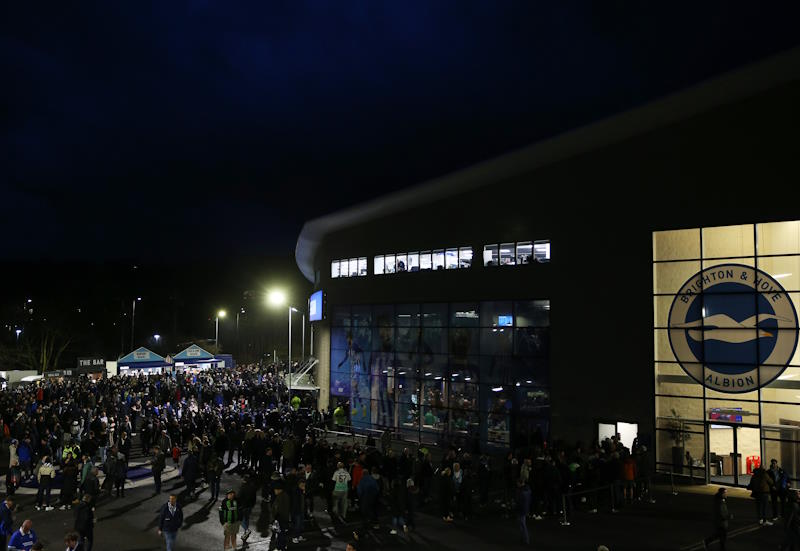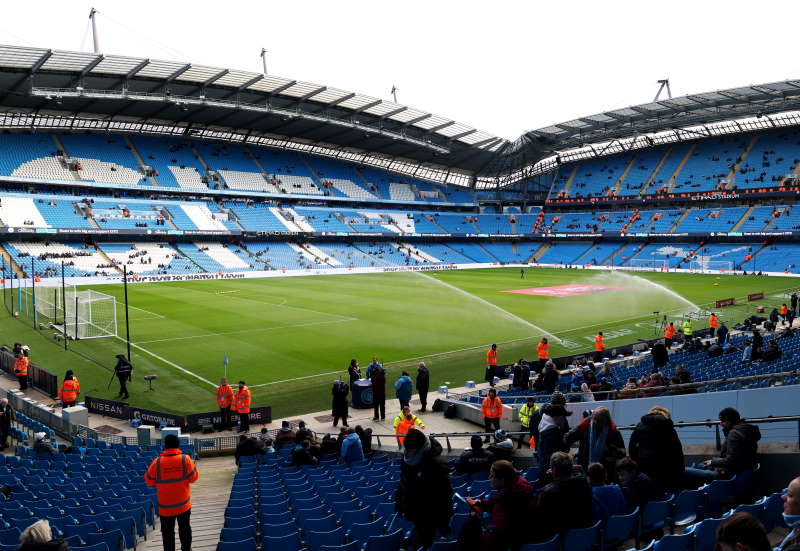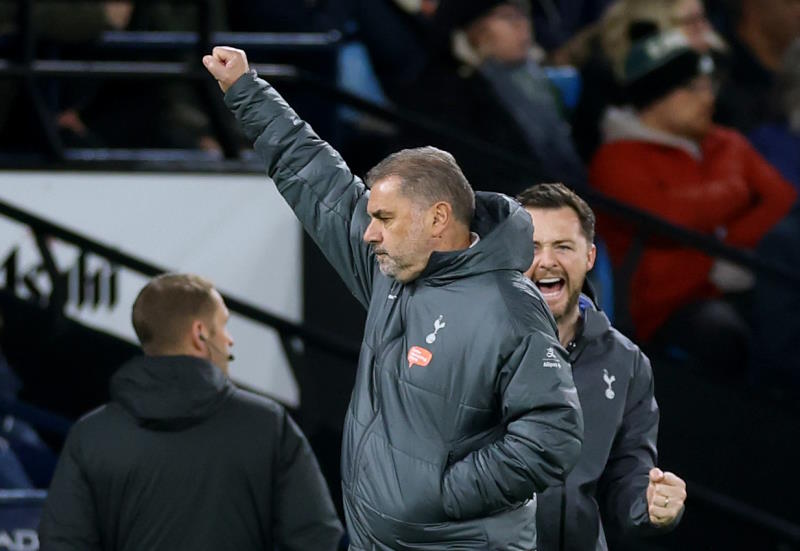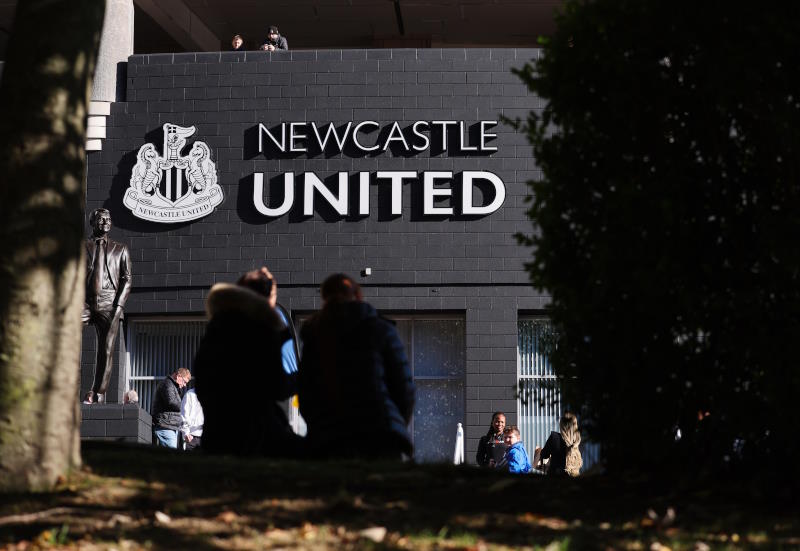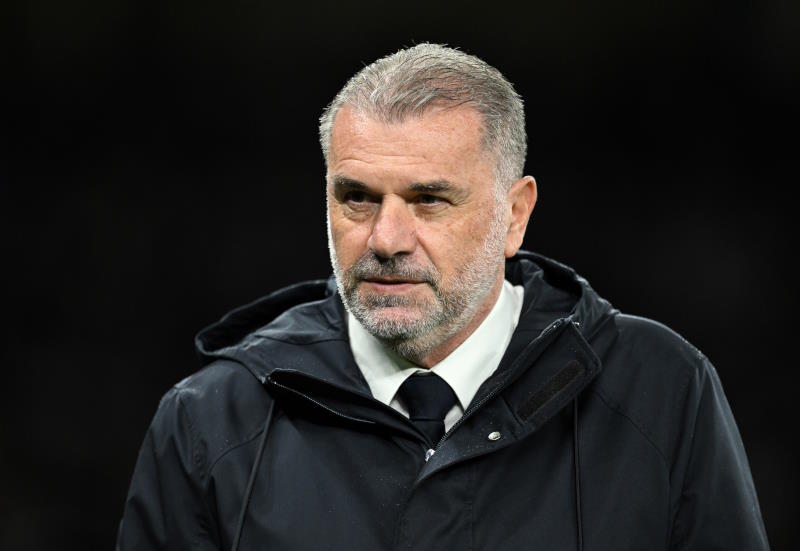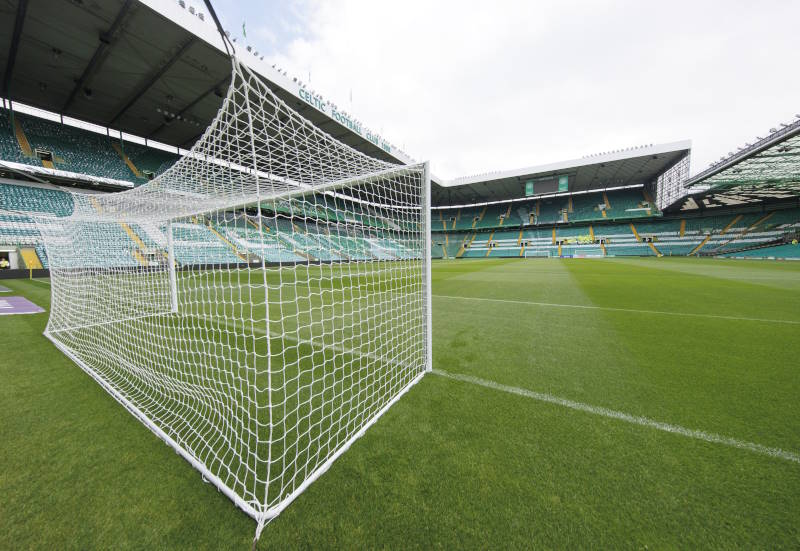
James M Dorsey
FIFA President Sepp Blatter has established himself as one of the few people capable of imposing his will on Iranian President Mahmoud Ahmedinejad.
Never mind that his was a Pyrrhic victory in 2006 when Ahmedinejad ultimately circumvented FIFA’s insistence on free and fair elections in the Iranian Football Federation by ensuring that his candidate was elected unchallenged head of the Islamic republic’s football body.
Blatter again asserted his authority last year by banning the Iranian women’s team from wearing the hijab, religious headgear, during matches. He later agreed to alternative headware proposed by Iran that covers a women’s hair while playing.
This week however, Blatter has been conspicuously silent about Iran’s decision this past weekend to ban women from watching football in public. The ban on women watching football matches in cinemas extends an already existing prohibition on women attending matches in stadia.
Taking a stand on the ban would pit Blatter against yet another Middle Eastern nation at a time when he already has his hands full. The FIFA President has ruffled Qatar’s feathers by suggesting that the 2022 World Cup, awarded last month to the energy-rich emirate, be held in January rather than in June/July, to avoid the Gulf state’s scorching summer temperatures. He further irked the Qataris by backing a proposal by UEFA President Michel Platini to allow other Gulf states to co-host the world’s biggest sporting event.
Blatter’s efforts to change the terms under which the hosting of the tournament was awarded to Qatar has put the powerful head of the Asian Football Confederation Mohamed Bin Hamman on the war path. Bin Hammam, a Qatari national with close ties to the emirate’s ruling family, called on Monday for an end to Blatter’s 12-year imperious rule of FIFA. Bin Hammam hinted that he may stand against Blatter in elections scheduled for May for the FIFA presidency if no other suitable candidate emerged before then.
Ironically, the Iranian ban casts a shadow over Blatter’s success earlier this month when his candidate, Jordanian Prince Ali Bin Al Hussein, defeated Chung Mong-joon in an election for the post of FIFA vice president. In doing so, Prince Ali eliminated the South Korean as a potential challenger for the FIFA presidency. Ironically, Prince Ali won the election on a campaign that stressed the need for enhanced support for women’s football, considered by many in the Middle East – a chauvinist, male dominated part of the world – as controversial at best and blasphemous at worst.
Blatter may well also be concerned that a FIFA stand against the ban could fuel latent discontent in Iran at a time of mass anti-government protests across the region that this month toppled Tunisian President Zine el-Abidine Ben Ali. With the exception of Islam, little in the Middle East evokes deep-seated emotions and passion like football. That makes the beautiful game a potential platform for alternative public spaces to vent pent-up anger and frustration in part of the world populated by authoritarian regimes that strictly control or ban freedom of expression.
As a result, politics permeates football in Iran and elsewhere in the region at all levels. Iranian clubs are more often than not owned by state-run companies – just as many Egyptian sides are government-controlled. Iranian government fears that football could re-emerge as a catalyst for anti-government sentiments is reinforced by support for the opposition by the game’s personalities and institutions, including the managing board of Zob Ahan FC and a former coach of Persepolis FC, Asia’s most popular club.
Many Iranian football analysts believe that matches in the Tehran derby between Persepolis and FC Taj have ended in draws over the last six years as a result of government match fixing. These analysts say the fixing is designed to prevent the often violent derby from escalating into anti-government manifestations. Iran’s successful World Cup qualifiers in 1997 and 2005 resulted in massive celebrations in the streets of Tehran, marked by public intoxication, dancing, and women removing their hijabs; the elimination of Iran from the 2001 World Cup qualifiers led to rioting.
Tractor Sazi FC, the historic club from Tabriz, the capital of Iranian Azerbaijan, which is owned by Iran Tractor Manufacturing Co. (ITMCO), has become a flashpoint of the region’s identity politics. “Wherever Tractor goes, fans of the opposing club chant insulting slogans. They imitate the sound of donkeys, because Azerbaijanis are historically derided as stupid and stubborn. I remember incidents going back to the time that I was a teenager,” says a long-standing observer of Iranian football.
A 2009 cable from the US embassy in Tehran disclosed by Wikileaks describes how Ahmedinejad has sought with limited success to improve his tarnished image by associating himself with Iran’s national team. In 2006, the Iranian president went as far as lifting the ban on women watching matches in Iranian stadia, but in a rare public disagreement was overruled by Supreme Leader Ali Khamenei.


